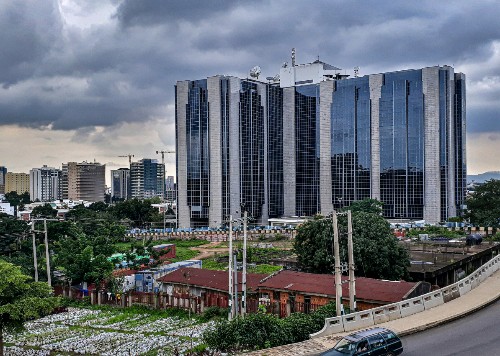BUSINESS
Dangote, Rabiu, Adenuga Top Forbes’ Africa Richest People List
-

 BIG STORY4 days ago
BIG STORY4 days agoCourt Sentence FCMB Branch Manager To 121 Years In Prison For Embezzling N112million From Customer’s Account In Anambra
-

 BIG STORY23 hours ago
BIG STORY23 hours agoI Must Draw Blood From You, Says Ekiti Universty Bully As She Brutalises Fellow Student [VIDEO]
-

 BIG STORY2 days ago
BIG STORY2 days ago80% Of Lekki Buildings Have No Government Approval — Physical Planning Commissioner, Oluyinka Olumide
-

 BIG STORY2 days ago
BIG STORY2 days agoMy Only Regret In Life Is Bleaching My Skin — Toke Makinwa
-

 BIG STORY1 day ago
BIG STORY1 day agoSix Top NSCDC Officials Under EFCC Probe Over N6bn Fraud
-

 BIG STORY2 days ago
BIG STORY2 days agoBREAKING: Ikeja Electric Slashes Tariff For Band A Customers By 9%
-

 BIG STORY2 days ago
BIG STORY2 days agoMende Demolitions: Developers Served Contravention Notices Since 2021, But Ignored — Tokunbo Wahab
-

 BIG STORY2 days ago
BIG STORY2 days agoAY Makun, Seyi Law, Others Grace Dedication Of Ali Baba’s Triplets In Lagos [PHOTOS]







































